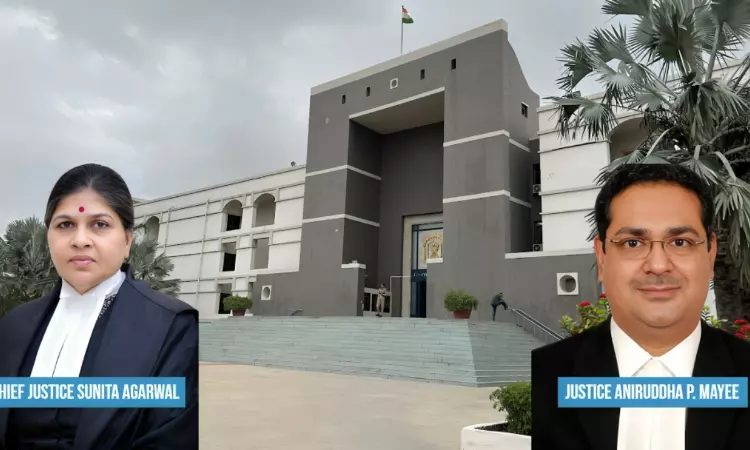While observing that elected officials must ensure that their public duties do not conflict with their electoral interests and should refrain from actions that could tarnish the credibility of the institution they represent, the Gujarat High Court upheld the removal of a Municipal Councillor for misconduct during the Covid-19 pandemic.The division bench of Chief Justice Sunita Agarwal And...

